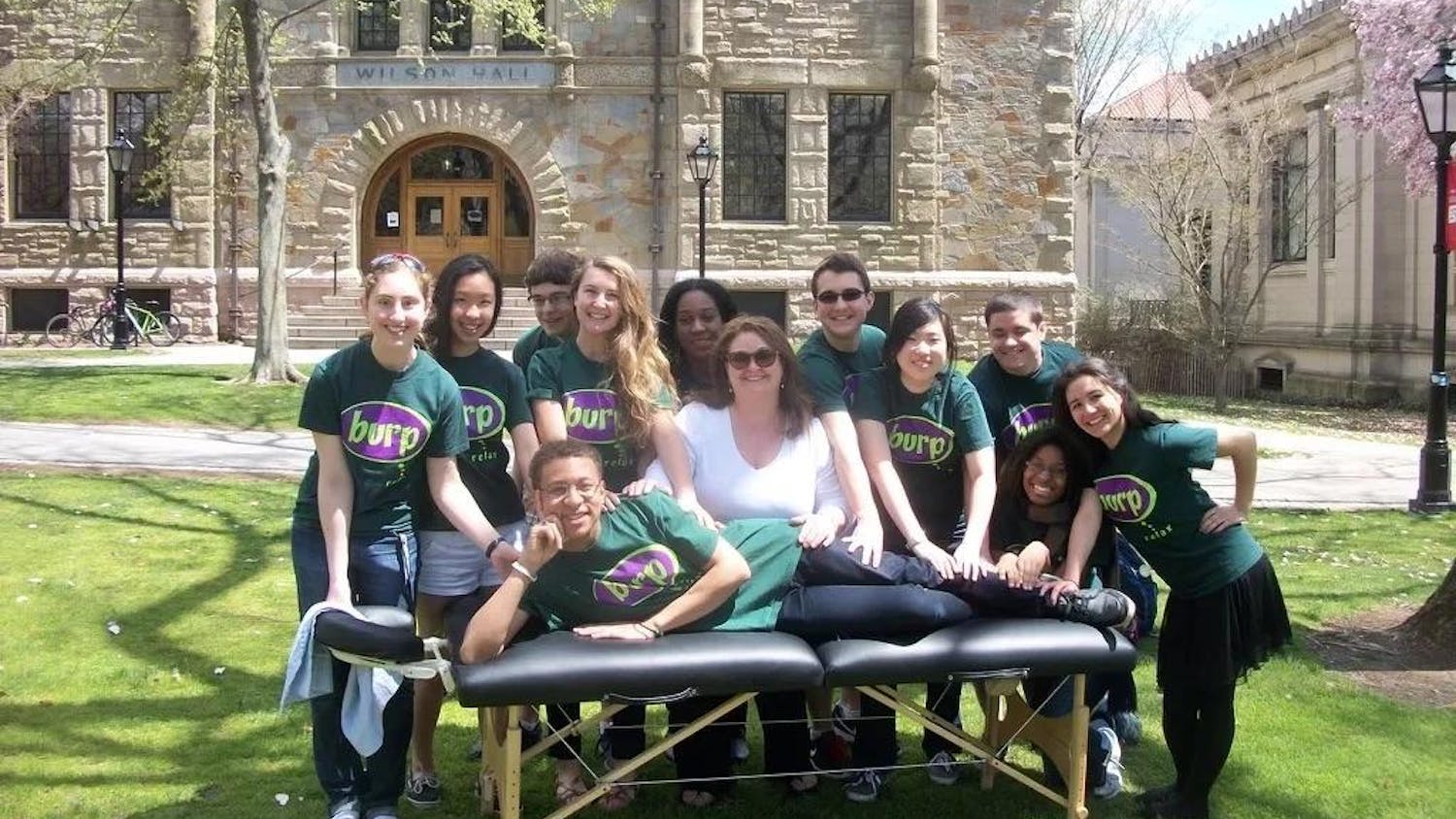Experts from a variety of fields came together yesterday to discuss solutions to the problem of homelessness in Rhode Island. University faculty, policymakers, community advocates and homelessness service providers participated in the event - a "Roundtable Luncheon on Research, Housing Policy and Homelessness in Rhode Island" - held at the Faculty Club.
On any given night, over 1,100 Rhode Islanders are homeless, according to the Rhode Island Housing Resources Commission. "The goal is to make Rhode Island the first state to finish homelessness," said Benjamin Eichert, coordinator of the event, eliciting loud applause among the guests.
The roundtable event was organized to provide a space for experts working in different areas to share their ideas and knowledge and to take the first steps toward collaboration, Eichert told The Herald.
The main event of the luncheon was a presentation of a new strategic plan to prevent and end homelessness, called Opening Doors Rhode Island.
The challenges Rhode Island faces are the state's poverty rate and its rent burden rate - both the highest in New England - as well as national budget cuts on programs such as Community Development Block Grants, which give communities the resources to tackle issues they encounter.
But Opening Doors Rhode Island suggests that homelessness is solvable and preventable.
The current approach to solving homelessness, which focuses on putting people into shelters and transitional housing, is inefficient and overly costly because the cost actually surpasses the cost of putting people into apartments, said Eric Hirsch, professor of sociology at Providence College.
Homelessness can be solved through providing immediate re-housing to people without homes and short-term help on rent or mortgage, Hirsch said. Statistics show that this strategy is less costly than putting the homeless into shelters, he said.
Hirsch also suggested that having job opportunities, job training and access to welfare programs will help prevent homelessness.
The plan also emphasizes the need to improve health and housing stability and increase access to stable and affordable housing, economic security and civic collaboration.
Opportunities for receiving funding and support for homelessness-related research were later discussed by Vice President for Research Clyde Briant. Eichert said this demonstrates the University's willingness to adjust its priorities as a research institution to meet community needs.
The roundtable event was sponsored by the Office of the President, the Swearer Center for Public Service and Housing Opportunities for People Everywhere, a student group that addresses homelessness in Rhode Island.




